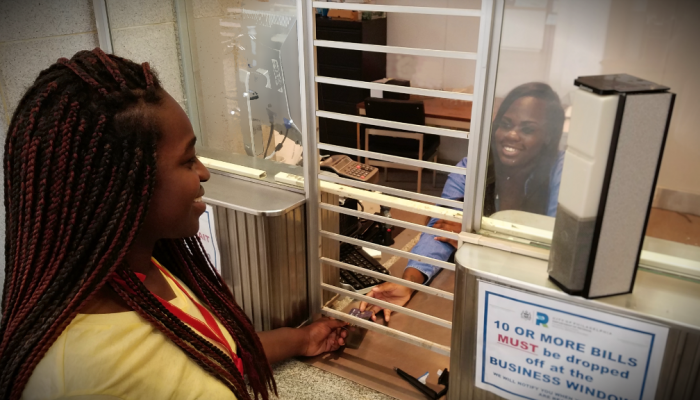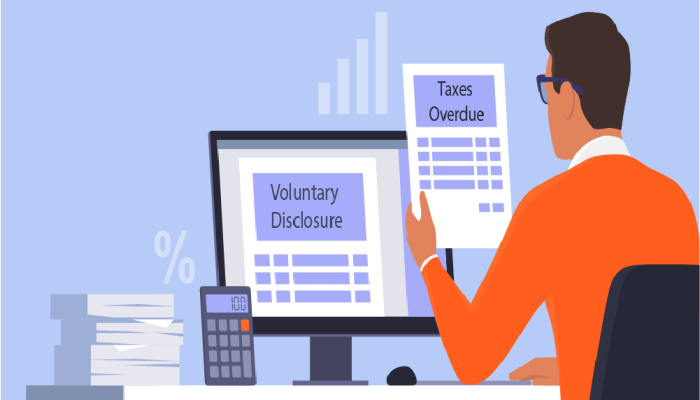Starting next year, all businesses, regardless of sales and activity, must file a Business Income and Receipts Tax (BIRT) return. The good news is you don’t have to pay estimated taxes if you didn’t have a BIRT filing requirement in the last three years. Here are a few things to keep in mind as we approach 2026:
Estimated payments
It is common for taxing agencies to require businesses to make a 100% estimated payment toward the next year’s return at the time of filing – Philadelphia has a similar policy. But recently, the City clarified its treatment of businesses that didn’t have a BIRT filing requirement for the last three years. Here’s a breakdown of the City’s policy clarification:
If your Philadelphia sales for the past three years were under $100,000 and you didn’t have a BIRT filing requirement, you are not required to make an estimated payment when you file your first return in 2026.
This isn’t a new policy; it’s an expansion of an existing one for “new businesses” (since 2018). It allows new businesses to skip their first estimated payment if they’ve never filed a Philadelphia BIRT return.
We’ll treat you as a “new business” when you file your first BIRT return next year. This way, you may pay the 2025 BIRT only and defer the estimated payments to the next filing year. It’ll ease your tax burden.
Here’s what this means for you
If your business made under $100,000 in Philadelphia sales and was exempt from filing a BIRT return since 2022, you aren’t required to make an estimated payment when you file your taxes in 2026. You’ll only have to pay for your 2025 Philadelphia business activity.
When you file your next return in 2027, you’ll have the option to pay the second-year estimated tax in quarterly installments or in full. By April 2028, when you file your return, you will have already paid estimated taxes on your business activity for the prior year.
This is when you’ll have to pay your full estimated tax equal to the prior year’s tax due for your 2027 business activity. The chart below will help you see how it works:
| Year of business | Tax year | Due dates/filing requirements for BIRT |
|---|---|---|
| 1 | 2025 | Operate your business – make sales! Make sure you keep your business records separate, especially if you sell outside Philadelphia. |
| 2 | 2026 | First tax return and payment due on April/15/2026 (for your 2025 activity ONLY). No estimated payment is required! |
| 3 | 2027 | Second tax return and payment due on April/15/2027 (for 2026 activity). Now, you can choose to:
Missing these due dates can lead to penalties and interest. But if a due date falls on a Saturday, Sunday, or holiday, the payment is due the next business day. |
| 4 | 2028 | Third tax return due on April/15/2028 (for 2027 activity). Pay a 100% estimate toward the 2028 return. |
Penalty for underpayment
You may have to pay a penalty if you don’t pay enough estimated tax throughout the year. You’ll get a credit or refund if you overpay.
Calculating estimated payments
Estimated payments are based on what you made or estimated you’d make over the next year. Another way is to calculate your tax using an estimate of your total expected business income and revenue.
Making estimated payments
You can submit estimated payments online or by mail, but online is quickest, safest, and most secure. You don’t need a username or password. You can also pay through our Electronic Funds Transfer (EFT) program.
Making estimated payments before the next filing deadline helps you stay organized and in control of your finances.
Businesses that didn’t have to file a BIRT return because their Philadelphia gross receipts were under $100,000 must file in 2026 because the City has ended the BIRT exemption. We know tax policy changes can be overwhelming, and we are working hard to support businesses through this transition.




